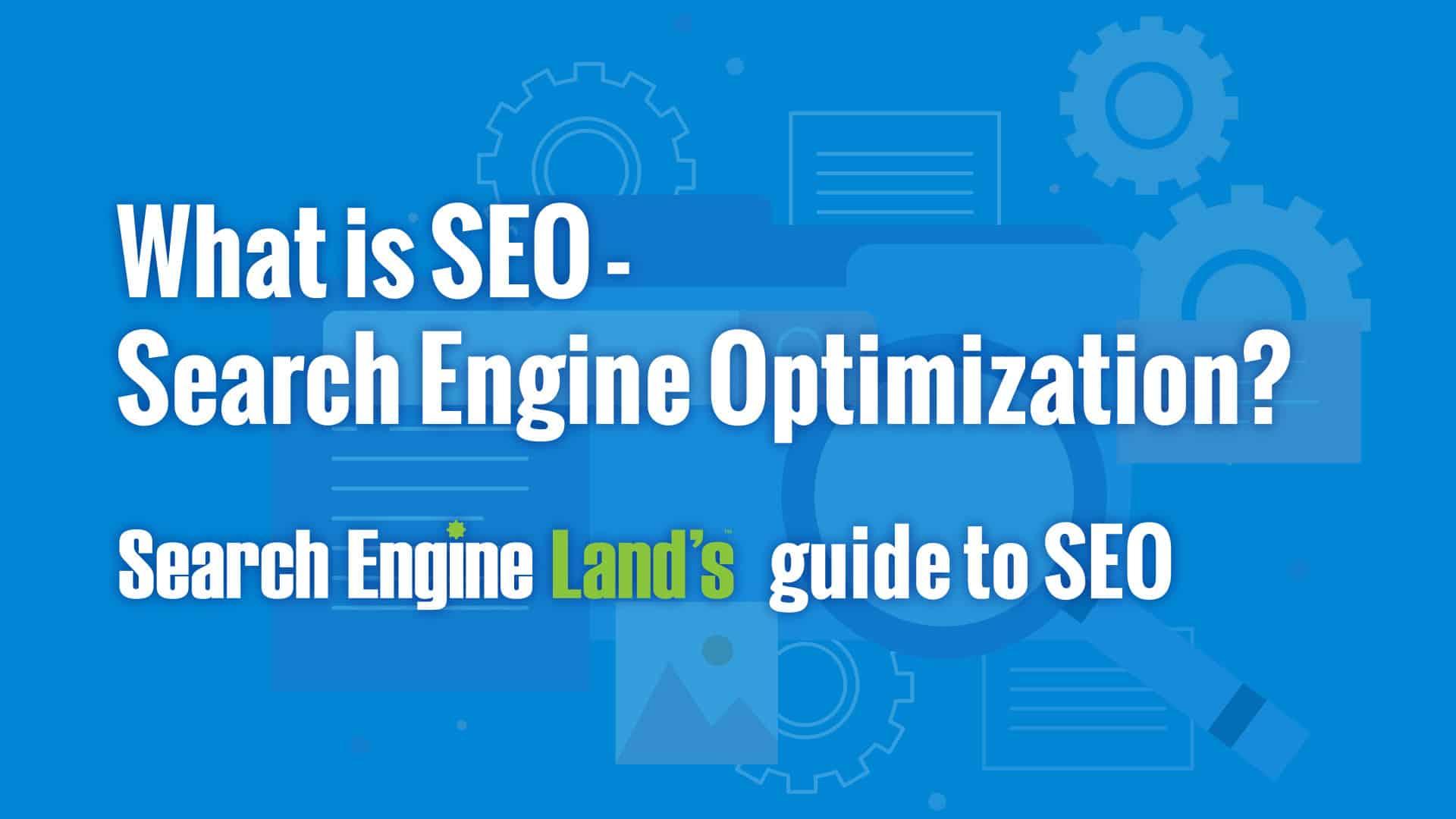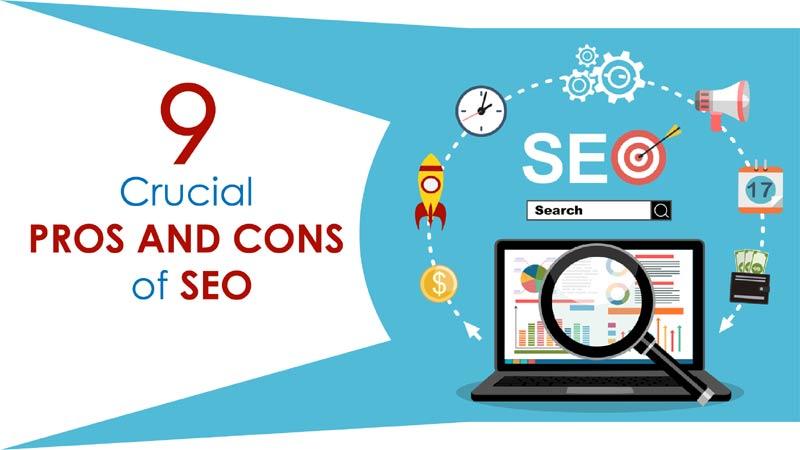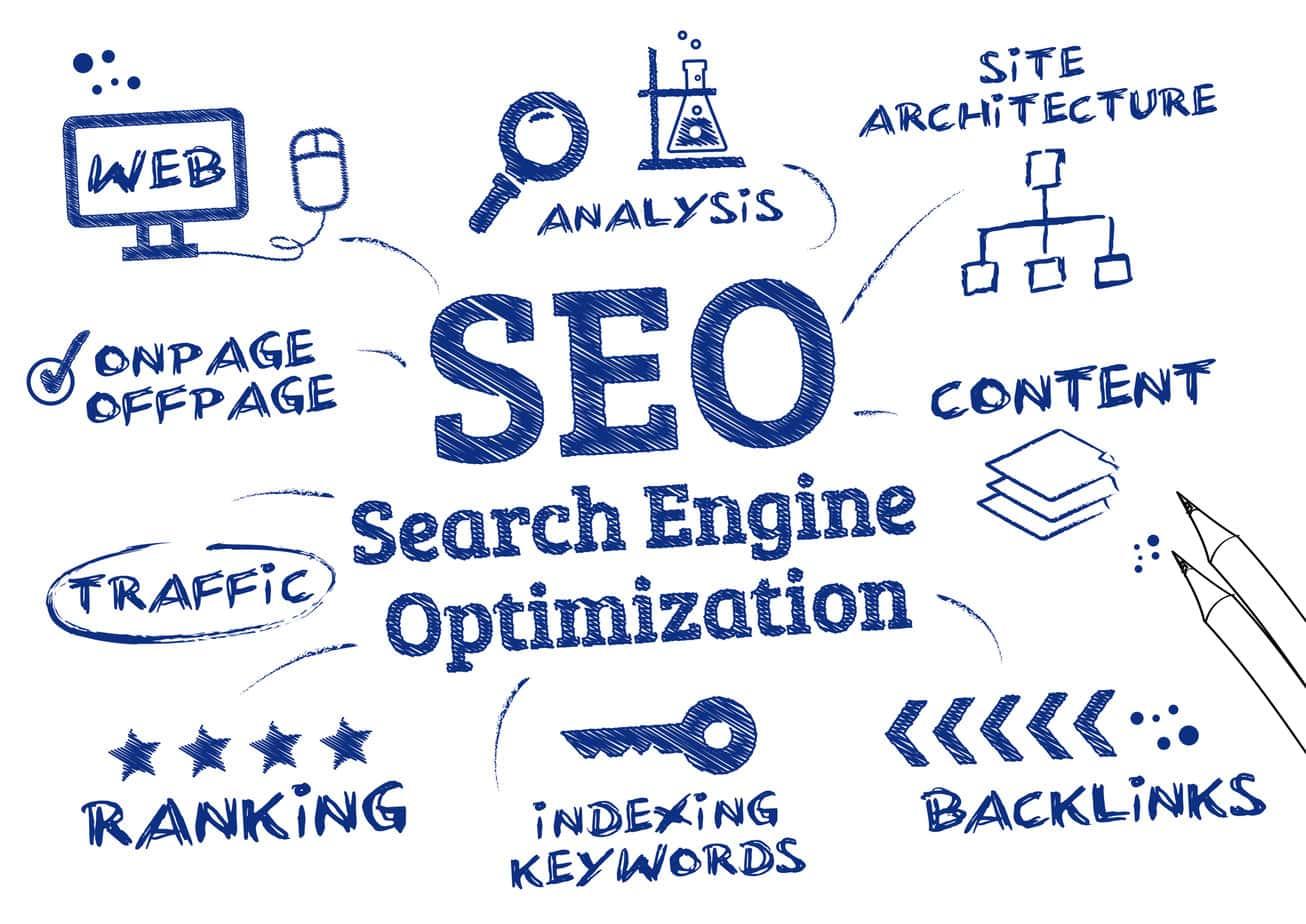
Seo optimization services
In the digital realm, the battle for visibility is fierce and relentless. Every website owner dreams of securing that coveted top spot on Google’s search results, the digital equivalent of a golden ticket to visibility, credibility, and success. But the journey to the summit is steep, filled with complex algorithms and ever-changing SEO rules. This is where WordPress, a platform known for its flexibility and user-friendliness, comes into play. And when paired with the power of SEO, it becomes a formidable tool in your digital arsenal. Welcome to “Unlocking Success: Mastering SEO Optimization Services for WordPress”. This comprehensive guide will illuminate the path to SEO mastery, from on-page optimization, technical SEO, keyword research, content creation, backlinks, to site performance optimization. Whether you’re a beginner just stepping into the digital arena or a seasoned player looking to up your game, this guide is your roadmap to success. So buckle up and get ready to embark on a journey to unlock the full potential of your WordPress site with SEO.
Understanding the Power of SEO for WordPress
When it comes to maximizing the potential of your WordPress site, understanding and implementing effective Search Engine Optimization (SEO) strategies is key. SEO is the process of enhancing your website’s visibility to search engines, thereby increasing your site’s ranking on search engine results pages (SERPs). This, in turn, leads to more organic (non-paid) traffic to your site.
There are several aspects to consider when optimizing your WordPress site for SEO. Let’s delve into some of the most important ones:
- On-Page Optimization: This involves optimizing individual webpages on your site to rank higher and earn more relevant traffic. This includes optimizing your titles and meta descriptions, using SEO-friendly URLs, and ensuring your content is high-quality and keyword-optimized.
- Technical SEO: This refers to improving the technical aspects of your site to increase its visibility to search engines. This includes improving site speed, making your site mobile-friendly, creating an XML sitemap, and implementing SSL/HTTPS.
- Keyword Research: This involves identifying the right keywords to target in your content. These are the words and phrases that searchers enter into search engines. By optimizing your content around these keywords, you can improve your chances of ranking higher on SERPs.
- Content Creation: High-quality, relevant content is crucial for SEO. This includes blog posts, articles, infographics, videos, and more. The more valuable content you create, the more likely you are to attract and retain visitors.
- Backlinks: These are links from other websites to your site. Backlinks are a major factor in how search engines rank webpages. The more high-quality backlinks you have, the better your site will rank.
- Site Performance Optimization: This involves improving the speed and performance of your site. A faster site not only improves user experience, but it also improves your site’s visibility to search engines.
By mastering these aspects of SEO, you can unlock the full potential of your WordPress site and achieve online success.

The Art of Keyword Research and Its Impact on SEO
Understanding the significance of keyword research is the first step towards mastering SEO for your WordPress site. Keywords are the bridge that connects your content with your target audience. They are the phrases and terms that users type into search engines when looking for information. By incorporating these keywords into your content, you increase the chances of your site appearing in search results, thereby driving more traffic to your site.
Keyword research involves identifying the most relevant and popular terms in your niche. There are several tools available for this, including Google Keyword Planner, SEMRush, and Ahrefs. These tools provide insights into the search volume, competition, and relevance of different keywords. Once you have a list of potential keywords, you can start incorporating them into your content. But remember, it’s not just about stuffing your content with keywords. They need to be used naturally and in context. Overuse of keywords can lead to penalties from search engines.
- Google Keyword Planner: A free tool that provides keyword ideas and traffic estimates to help you build a Search Network campaign.
- SEMRush: A comprehensive tool that provides keyword research, tracking, and SEO audit features.
- Ahrefs: A tool that allows you to perform keyword research, competitor analysis, backlink research, content research, and rank tracking.
Remember, the goal of keyword research is not just to increase traffic, but to attract the right kind of traffic. You want visitors who are interested in what you have to offer and are likely to convert into customers. Therefore, it’s important to choose keywords that are relevant to your business and appealing to your target audience.

Mastering On-Page Optimization Techniques for WordPress
Understanding the nuances of On-Page SEO can be a game-changer for your WordPress site. It’s all about optimizing individual webpages so they rank higher and earn more relevant traffic in search engines. The two main aspects of on-page SEO are the content of the page and the HTML source code. Both can be optimized for better search engine visibility.
Let’s delve into some key techniques for on-page optimization:
- Keyword Placement: Your primary keyword should appear in crucial places like the title tag, meta description, and H1 tag. Also, try to sprinkle it naturally throughout your content.
- Meta Descriptions: These brief snippets describe your page’s content and should be compelling enough to encourage users to click on your site in the SERPs (Search Engine Results Pages).
- Image Optimization: Use relevant images with appropriate file names and alt text. This not only enhances user experience but also contributes to better SEO.
- URL Structure: Clean, concise URLs with your target keyword are more user-friendly and search engine-friendly.
- Internal Linking: Linking to your own pages can help search engines understand your site’s structure and can also keep visitors on your site longer.
Remember, on-page SEO isn’t just about keyword placement or meta descriptions. It’s about providing high-quality, relevant content that your audience will find valuable. This is what search engines like Google truly value.
With the RankMath SEO Pro plugin, you can easily manage all these aspects of on-page SEO. It’s a powerful tool that can significantly streamline your SEO efforts and help your WordPress site reach its full potential.

The Role of Quality Content in Boosting SEO Rankings
Quality content is the backbone of any successful SEO strategy. It’s the magnet that attracts both search engines and users to your WordPress site. When you consistently produce high-quality, relevant, and engaging content, you’re essentially giving search engines more reasons to index your pages and users more reasons to stay, interact, and convert.
But what exactly constitutes “quality content”? Here are a few key elements:
- Relevance and Context: Your content should be relevant to your niche and provide value to your audience. It should answer their questions, solve their problems, or provide the information they’re looking for.
- Keyword Optimization: While you should avoid keyword stuffing, your content should include keywords that your audience is likely to use when searching for the products, services, or information you offer. Use tools like Google Keyword Planner or RankMath SEO Pro plugin for keyword research and optimization.
- Readability: Your content should be easy to read and understand. Break up your text with subheadings, bullet points, and images to make it more digestible. Also, ensure your content is free of grammatical errors and typos.
- Originality: Duplicate content can harm your SEO. Ensure your content is unique and offers a fresh perspective or new information.
Remember, quality content isn’t just about pleasing search engines. It’s about providing value to your audience, building trust, and establishing your brand as an authority in your niche. When you achieve this, higher search rankings will naturally follow.
Unraveling the Mysteries of Backlinks and Their SEO Significance
Backlinks, often referred to as inbound or incoming links, are simply links from one website to another. Search engines like Google use backlink as a ranking signal because when one website links to another, it means they believe the content is noteworthy. High-quality backlinks can help to increase a site’s ranking position and visibility in search engine results (SERPs).
Now, let’s delve into the importance of backlinks for your WordPress site’s SEO. Quality over quantity is the key rule to remember when it comes to backlinks. A few high-quality backlinks from authoritative and relevant sites can do more good than hundreds of low-quality links from spammy sites. Here are some strategies to build high-quality backlinks:
- Guest Blogging: This involves writing articles for other websites in your niche. It’s a great way to build relationships, exposure, authority, and links.
- Broken Link Building: This strategy involves finding broken links on other websites and suggesting your content as a replacement.
- Skyscraper Technique: This involves finding popular content in your niche, creating something better, and then reaching out to the right people.
Remember, backlinks are a crucial part of your SEO strategy, but they must be coupled with other SEO practices like on-page optimization, technical SEO, keyword research, and content creation for the best results.
| Backlink Strategy | Benefits |
|---|---|
| Guest Blogging | Builds relationships, exposure, authority, and links |
| Broken Link Building | Helps replace broken links with your relevant content |
| Skyscraper Technique | Allows you to create superior content and reach the right audience |
Technical SEO: The Backbone of Your WordPress Site Performance
When it comes to SEO, the technical aspects of your WordPress site can often be overlooked. However, these elements are the backbone of your site’s performance and can significantly impact your SEO ranking. From site speed to mobile optimization, these factors play a crucial role in how search engines perceive your site.
Site Speed: One of the most critical aspects of technical SEO is your site’s loading speed. Search engines favor sites that load quickly, as this provides a better user experience. To improve your site speed, consider optimizing your images, minimizing your CSS and JavaScript files, and using a caching plugin. RankMath SEO Pro plugin offers a suite of tools to help you optimize your site speed.
- Mobile Optimization: With the majority of web traffic now coming from mobile devices, it’s essential that your WordPress site is mobile-friendly. This includes responsive design, easy navigation, and fast loading times on mobile devices.
- XML Sitemap: An XML sitemap helps search engines understand the structure of your site and find all of your content. The RankMath SEO Pro plugin can automatically generate an XML sitemap for your WordPress site.
- Robots.txt: This file tells search engines which pages on your site they should and shouldn’t crawl. It’s essential for directing search engine bots to the most important content on your site.
By focusing on these technical SEO aspects, you can improve your WordPress site’s performance and boost your SEO ranking.
Harnessing the Potential of RankMath SEO Pro Plugin for WordPress
When it comes to SEO optimization for WordPress, the RankMath SEO Pro Plugin is a powerful tool that can significantly enhance your site’s performance. This plugin offers a plethora of features designed to help you optimize your site’s SEO, including on-page analysis, keyword tracking, schema markup, and more. By leveraging these features, you can ensure that your site is fully optimized for search engines, thereby increasing your visibility and driving more traffic to your site.
One of the key features of the RankMath SEO Pro Plugin is its on-page analysis. This feature allows you to analyze your content for SEO-friendliness, providing you with actionable insights that you can use to improve your content. For instance, it can help you identify keyword density, readability, and other important factors that can impact your SEO. Additionally, the plugin’s keyword tracking feature allows you to monitor your site’s performance for specific keywords, helping you understand how well your SEO efforts are working.
- Schema Markup: This feature allows you to add schema markup to your posts, which can help improve your site’s visibility in search engine results.
- Keyword Tracking: Monitor your site’s performance for specific keywords to understand the effectiveness of your SEO efforts.
- On-Page Analysis: Analyze your content for SEO-friendliness and get actionable insights to improve your content.
By harnessing the potential of the RankMath SEO Pro Plugin, you can significantly improve your WordPress site’s SEO, thereby driving more traffic to your site and increasing your online visibility.
The Importance of Site Performance Optimization in SEO Strategy
When it comes to SEO, site performance optimization is a crucial factor that can’t be overlooked. A fast, responsive website not only provides a better user experience but also ranks higher in search engine results. Google, in particular, considers site speed as a ranking factor, meaning a slow site can negatively impact your SEO efforts.
There are several ways to optimize your WordPress site’s performance. First, ensure you’re using a reliable hosting provider. Next, optimize your images – large, unoptimized images can significantly slow down your site. You can use WordPress plugins like Smush or EWWW Image Optimizer for this purpose. Also, consider using a caching plugin like W3 Total Cache or WP Super Cache to speed up your site. Lastly, minimize the number of plugins you use and regularly update your WordPress core, themes, and plugins.
| Optimization Technique | Benefit |
|---|---|
| Reliable Hosting Provider | Ensures site uptime and fast response time |
| Image Optimization | Reduces load time by decreasing file size |
| Caching | Improves site speed by storing static versions of your site |
| Minimize Plugins | Reduces potential sources of site slowdown |
Remember, a well-optimized site not only improves your SEO but also enhances your visitors’ experience, leading to higher engagement and conversion rates.
SEO Success Stories: Real-Life Examples of WordPress SEO Triumphs
One of the most inspiring stories of WordPress SEO success comes from a small online boutique that managed to skyrocket its organic traffic by a whopping 300% in just six months. The secret to their success? A comprehensive SEO strategy that focused on on-page optimization, technical SEO, keyword research, content creation, backlinks, and site performance optimization. They used the RankMath SEO Pro plugin to streamline their SEO efforts, making it easier to manage and track their progress.
Another success story comes from a popular food blog that saw a 200% increase in organic traffic within three months. The blog owner focused on creating high-quality, keyword-rich content that resonated with their audience. They also made sure to optimize their images, ensuring they were high-resolution yet compressed for optimal site performance. Additionally, they leveraged the power of backlinks by guest posting on other reputable food blogs and websites. Here’s a brief overview of their strategy:
| SEO Strategy | Results |
|---|---|
| High-quality, keyword-rich content | Increased organic traffic |
| Image optimization | Improved site performance |
| Guest posting and backlinks | Boosted domain authority |
These real-life examples show that with the right SEO strategy and tools, you can significantly improve your WordPress site’s visibility and traffic. Remember, SEO is not a one-time task but a continuous process that requires regular monitoring and tweaking. So, keep experimenting, learning, and optimizing!
Q&A
Q: What is SEO and why is it important for my WordPress site?
A: SEO stands for Search Engine Optimization. It’s a process of optimizing your website so that it ranks higher in search engine results, thereby increasing the amount of organic (or free) traffic your site receives. SEO is crucial because the higher your site ranks, the more visibility it gets, leading to more potential customers or readers.
Q: How can I optimize my WordPress site for SEO?
A: There are several ways to optimize your WordPress site for SEO. This includes on-page optimization, technical SEO, keyword research, content creation, backlinks, and site performance optimization. Using a plugin like RankMath SEO Pro can significantly simplify this process.
Q: What is on-page optimization?
A: On-page optimization involves optimizing the content and HTML source code of a page. This includes using relevant keywords in your content, optimizing meta descriptions, using SEO-friendly URLs, and ensuring your content is high-quality and original.
Q: What is technical SEO?
A: Technical SEO refers to the process of optimizing your WordPress site for the crawling and indexing phase. This includes making sure your site is mobile-friendly, improving site speed, creating a sitemap, and ensuring your site is secure (HTTPS).
Q: How do I conduct keyword research?
A: Keyword research involves finding and analyzing search terms that people enter into search engines with the goal of using that data for a specific purpose, often for search engine optimization (SEO) or general marketing. Tools like Google Keyword Planner or SEMrush can help you find relevant keywords.
Q: How does content creation impact SEO?
A: Content creation is crucial for SEO because search engines love fresh, relevant content. The more high-quality content you create, the more opportunities you have to rank for various keywords. Remember, content should always be created with the user in mind first, not search engines.
Q: What are backlinks and why are they important?
A: Backlinks are links from one website to a page on another website. They’re important because search engines like Google use them as a signal of a page’s quality. The more high-quality backlinks a page has, the higher it tends to rank in search engine results.
Q: How can I improve my WordPress site’s performance for better SEO?
A: Improving your site’s performance can be achieved by reducing the size of your images, using a caching plugin, minimizing HTTP requests, and using a Content Delivery Network (CDN). A faster site provides a better user experience, which is a factor in SEO ranking.
Q: What is RankMath SEO Pro plugin and how can it help with my WordPress SEO?
A: RankMath SEO Pro is a WordPress plugin that helps you optimize your site for search engines. It provides features like keyword tracking, advanced schema generator, SEO performance analysis, and more. It’s a comprehensive tool that can greatly simplify the SEO process for your WordPress site.
Mastering SEO optimization services for WordPress is akin to finding the key to a treasure chest. It’s not just about unlocking the door, but about understanding the map, navigating the terrain, and reaping the rewards. From on-page optimization to technical SEO, keyword research, content creation, backlinks, and site performance optimization, each aspect plays a crucial role in your journey to the top of search engine results. Remember, SEO is not a one-time event, but a continuous process of refining and improving. With the RankMath SEO Pro plugin, you have a powerful tool at your disposal to make this process easier and more effective. So, go ahead, unlock the potential of your WordPress site and watch as your online visibility soars. And as always, if you have any questions, feel free to drop them in our FAQ section. We’re here to guide you every step of the way. Here’s to your success in the vast, exciting world of SEO!